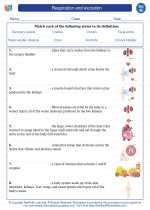Carrier in Biology
In biology, a carrier is an individual who possesses a particular gene, trait, or disease but does not display the associated symptoms. Carriers can pass on the genetic trait or disease to their offspring, making them carriers as well.
Study Guide
Definition
A carrier is an individual who has a gene or genetic mutation associated with a particular trait or disease but does not show any symptoms of the condition.
Examples
One example of carrier status is in the case of genetic diseases such as cystic fibrosis, where an individual may carry the gene for the disease but not exhibit any symptoms themselves.
How Carrier Status is Inherited
Carrier status can be inherited from one or both parents. If both parents are carriers of the same genetic mutation, their offspring have a 25% chance of inheriting the disease and a 50% chance of being carriers themselves.
Genetic Testing
Genetic testing can determine if an individual is a carrier for a specific genetic mutation. This can be important for family planning and understanding the risk of passing on genetic diseases to offspring.
Public Health Implications
Identifying carriers of genetic diseases is important for public health efforts, as it allows for targeted screening and prevention measures to reduce the incidence of genetic disorders in populations.
.◂Science Worksheets and Study Guides Eighth Grade. Respiration and excretion

 Worksheet/Answer key
Worksheet/Answer key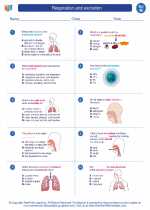
 Worksheet/Answer key
Worksheet/Answer key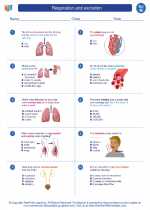
 Worksheet/Answer key
Worksheet/Answer key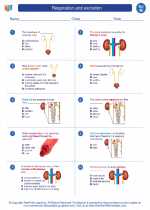
 Vocabulary/Answer key
Vocabulary/Answer key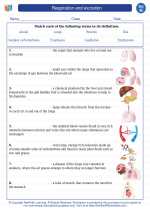
 Vocabulary/Answer key
Vocabulary/Answer key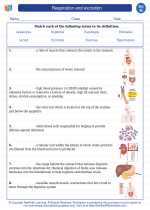
 Vocabulary/Answer key
Vocabulary/Answer key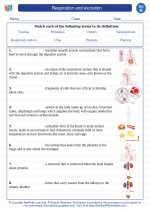
 Vocabulary/Answer key
Vocabulary/Answer key